Research & Evaluation
Our evidence-based approach and profound interest in learning experiences are the foundation of our work. We are trusted experts in research and evaluation, studying how, when, why and where people learn over their lifetime.

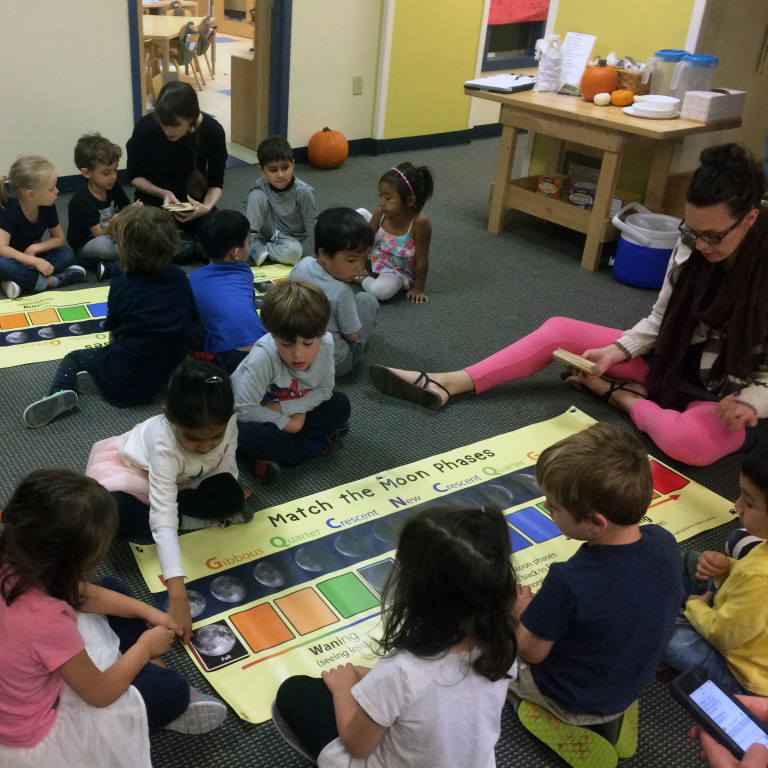
Our evidence-based approach and profound interest in learning experiences are the foundation of our work. We are trusted experts in research and evaluation, studying how, when, why and where people learn over their lifetime.
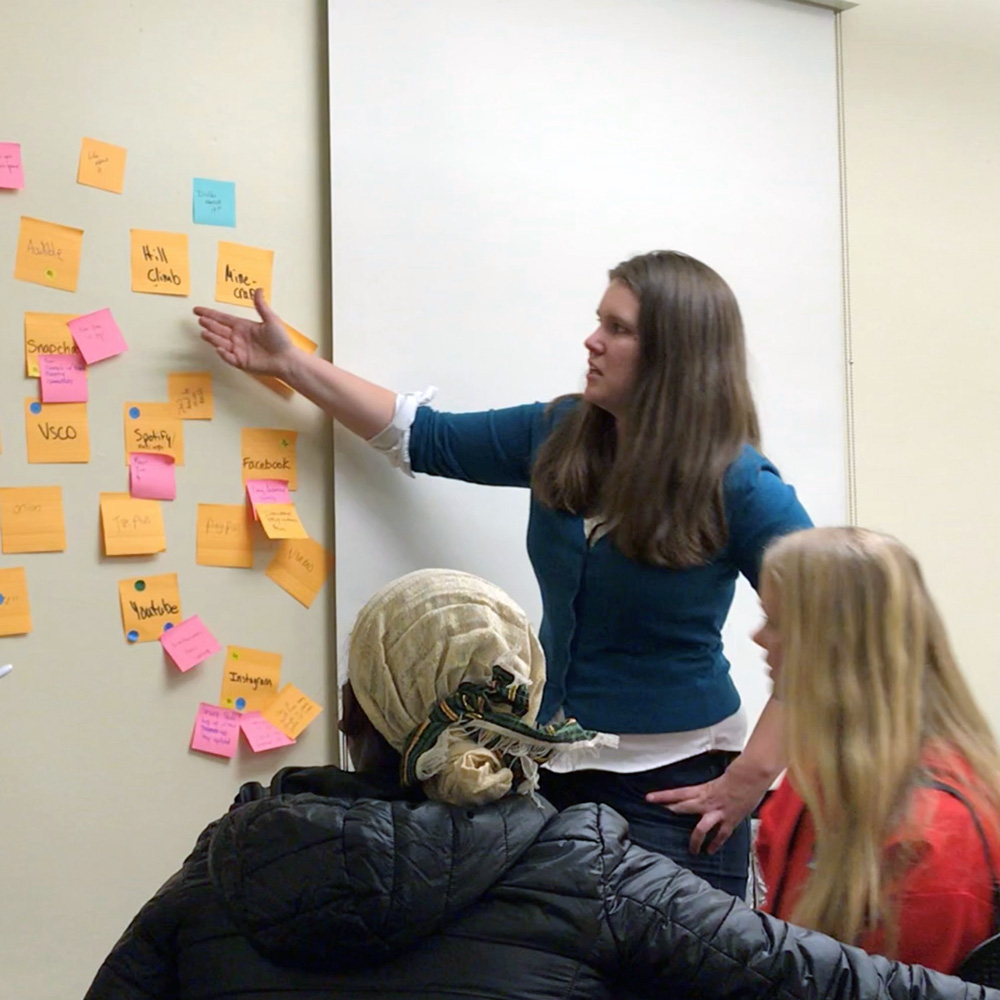
With deep technical knowledge and decades of experience, we help you define and measure your impact on the communities you serve and your success in delivering on mission.
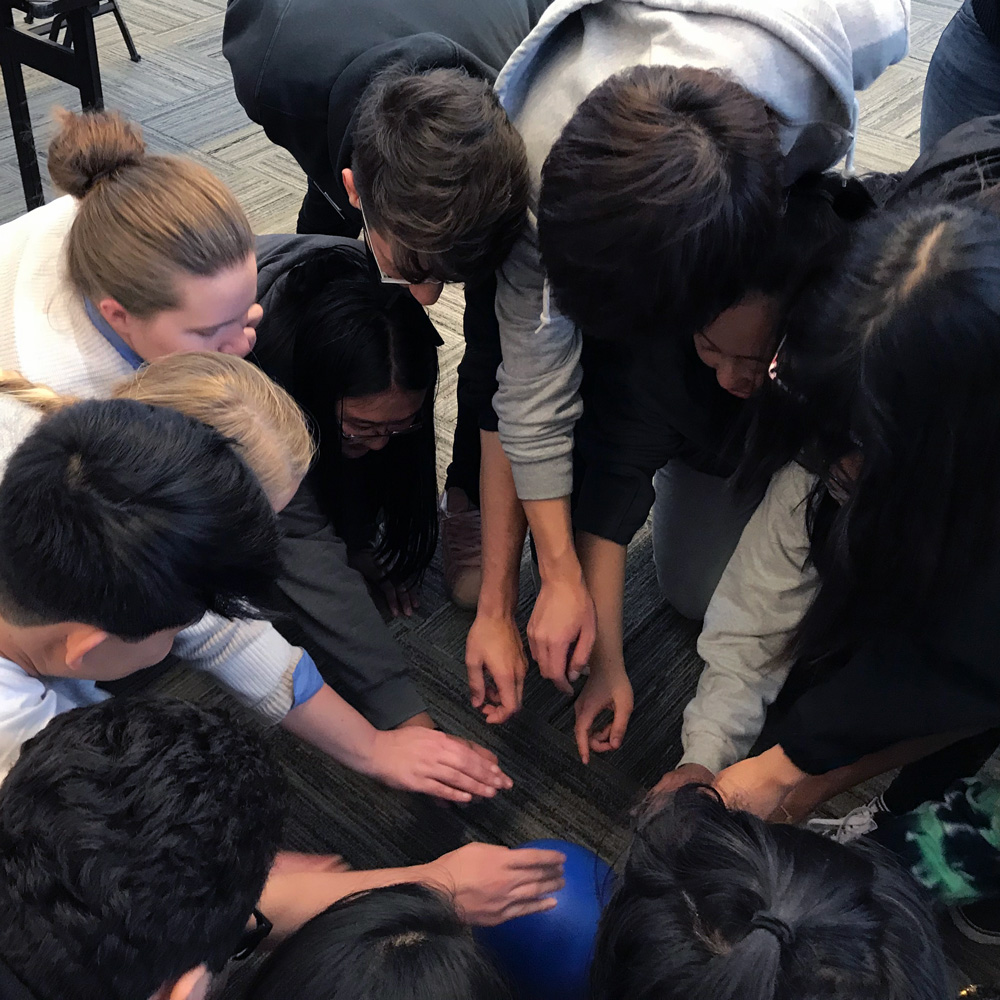
Bringing professionals, researchers and policymakers together we identify, develop and publish innovative new strategies and approaches that improve learning experiences for people of all ages.
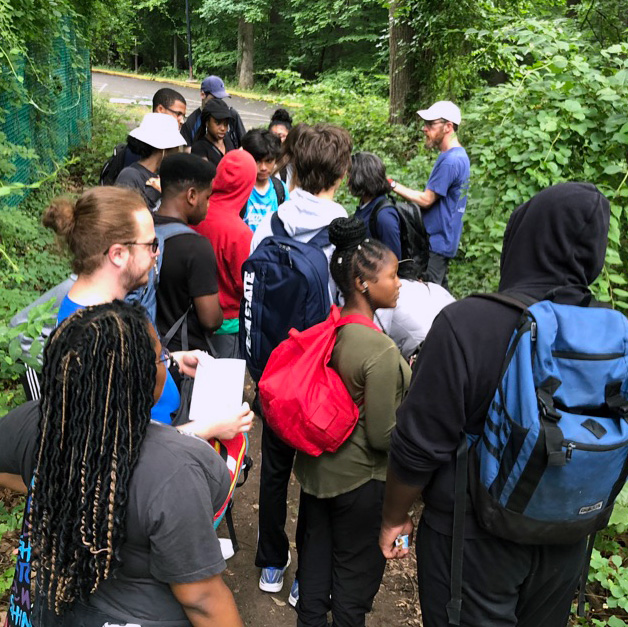
By moving knowledge to practice we help individuals, communities and organizations solve problems, build new capabilities and develop better learning experiences.
The Institute for Learning Innovation Welcomes Dr. Kimberly Howard Robinson as New Chief Executive Officer
Posted Sep 18, 2025
Designing Deeper Discussions at AERA: Lessons from a Symposium on Ecosystem Approaches to STEM Learning
Posted May 1, 2025
How Free-Choice Learning Builds Resilience in Communities: What We Learned from Port Townsend’s Place-Based Partnership
Posted Apr 17, 2025
A letter from Our Founder John H. Falk Ph.D
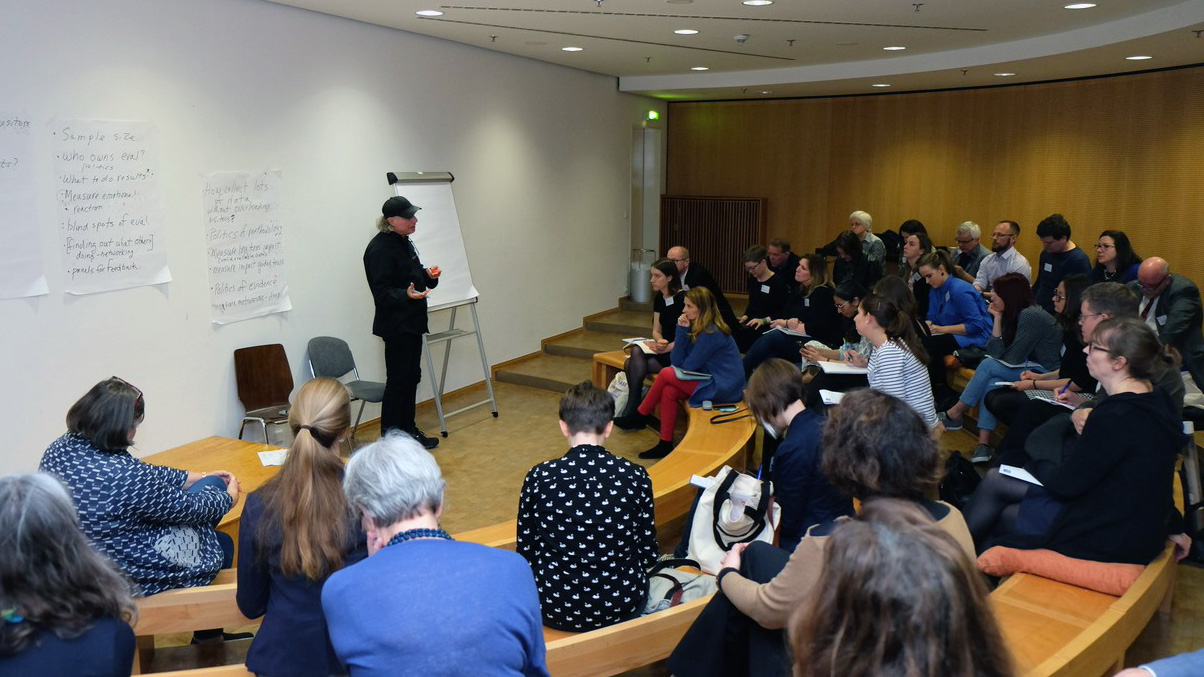
Learning for Life
For tens, if not hundreds of thousands of years learning was widely understood to be an everyday occurrence, something people did to support their needs and interests – a means for supporting a person’s personal, intellectual, social and physical well-being. In this world, people largely controlled their own learning. Learning was active, supported by observing others, doing and practicing. Learning happened in pairs or in small groups typically supported by peers and skilled practitioners. Importantly, evidence of learning was not something judged by others, but something demonstrated through competent actions and deeds in real life; success was determined by whether the quality and viability of one’s life was enhanced. This natural, choice- driven form of learning is what we call free-choice learning.
Then, roughly 150 years ago, a significant shift occurred. Learning became increasingly institutionalized and "professionalized", a compulsory process conceptualized and controlled by experts. The word learning increasingly became synonymous with the word school, and the learning process became equated with passive and mass-produced activities involving an authority figure who transmitted vast amounts of pre-determined information to large groups of “students” through lectures and textbooks. The goal of this kind of formalized education was to master a rigidly prescribed set of facts and concepts, demonstrated through the passing of increasingly standardized tests. Lost in the process was any sense that the goal of education should be to support individuals in their quest to gain the knowledge, skills and habits of mind they, themselves, deemed necessary for solving their own real-life problems.
Over the next 50 years, we will witness a return to the future! As the public's need to learn continues to expand, so too, will their perceptions of what it means to learn. Motivated by their own well-being-related needs and freed from the constraints of equating learning solely with formal schooling, individuals will find themselves increasingly engaged in an ever-widening range of free-choice learning experiences supported by an ever-broadening array of educational platforms. In the future, schooling, as we now know it, will represent an ever-shrinking percentage of the public's true education.
For over three decades, the Institute for Learning Innovation has been committed to studying learning, learners, and their diverse motivations, striving to be a valuable resource for all those seeking to understand and embrace the future of learning—a future that supports every person’s desire and right to have the learning resources they need, when they need it, to enhance their self-defined personal, intellectual, social, and physical well-being-related needs.
Best,
John H. Falk, Ph.D.